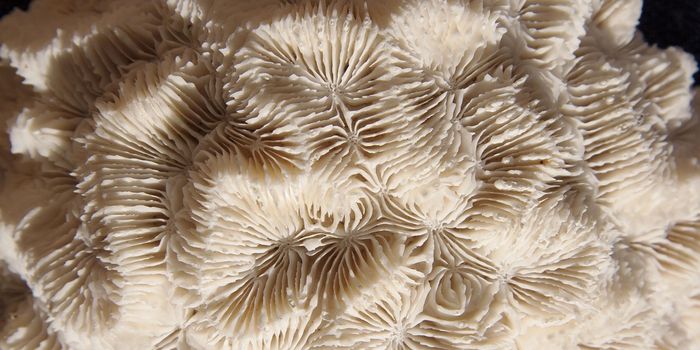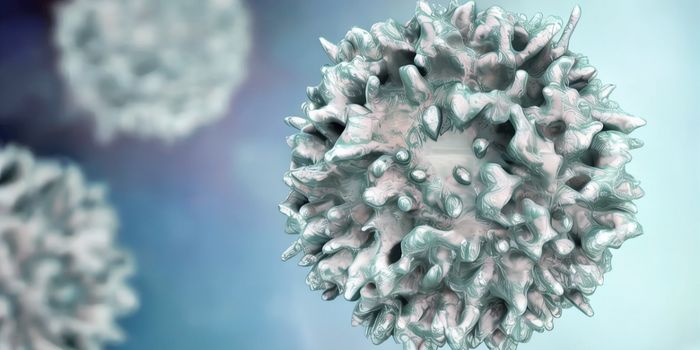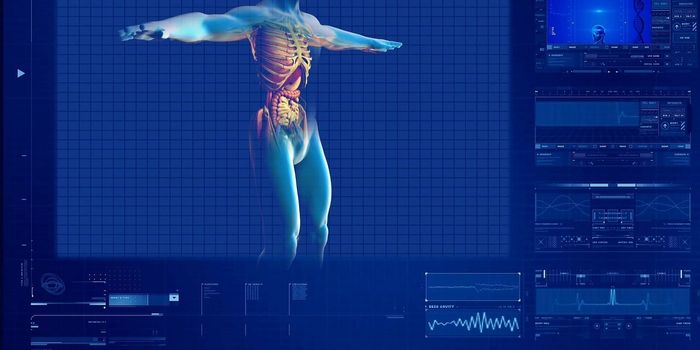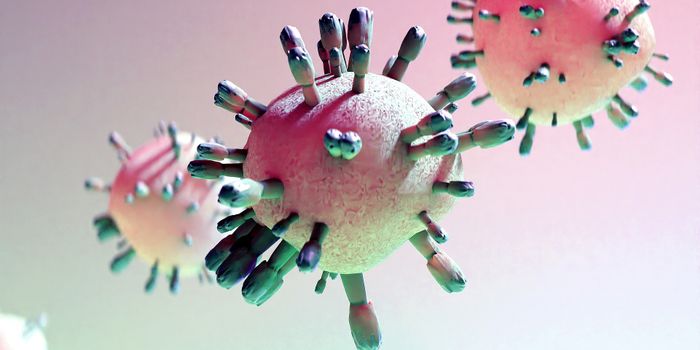Interactions between Immune Cells and Cancer Cells Regulate Cancer Cachexia
Cachexia, defined as a loss of body weight, fat, and muscle mass that occurs in patients with chronic diseases, including cancer, remains a notable clinical challenge. With limited viable treatment strategies, cachexia can diminish the quality of life of affected cancer survivors.
The tumor microenvironment (TME), all the immune cells, molecules, and blood vessels surrounding a tumor, influences how the tumor gets nutrients, grows, and spreads. Important mediators within the TME also include cytokines, proteins made by immune cells that regulate immunity by either stimulating an immune response or slowing down immune activity.
The composition of the TME can also impact how well a tumor responds to specific therapies. Understanding the makeup of the TME can, therefore, help inform treatment decisions. Further, cells and molecules within the TME can provide effective targets for cancer treatments.
A recent study published in Cancer Cell identified a unique interaction between tumor cells and immune cells within the TME that could play a role in cachexia. The study focuses on a cytokine secreted by pancreatic cancer cells called TNF-like weak inducer of apoptosis (TWEAK) and an immune cells subset called macrophages, which help activate other immune mediators when initiating an immune response.
The researchers found that macrophages accelerate muscle degradation induced by pancreatic cancer cells. To determine how macrophages control cancer cell-driven muscle breakdown, the researchers evaluated the composition of the TME. The study showed that macrophages induced the secretion of TWEAK, which led to the subsequent activation of an enzyme called MuRF1. Because MuRF1 regulates biological muscle remodeling, the process of replacing old or damaged muscle cells with new ones and its activation by TWEAK initiates changes in muscle tissue.
The study also shows that tumor cells can recruit macrophages, demonstrating a tumor-intrinsic strategy for promoting cachexia. These findings suggest that TWEAK could present an efficacious therapeutic target for future investigation.
The researchers conclude that investigating interventions that target TWEAK or tumor-associated macrophages could enhance therapeutic options for pancreatic cancer-related cachexia.
Sources: Cancer Cell, J Neorosci, J Molec Cell Biol









